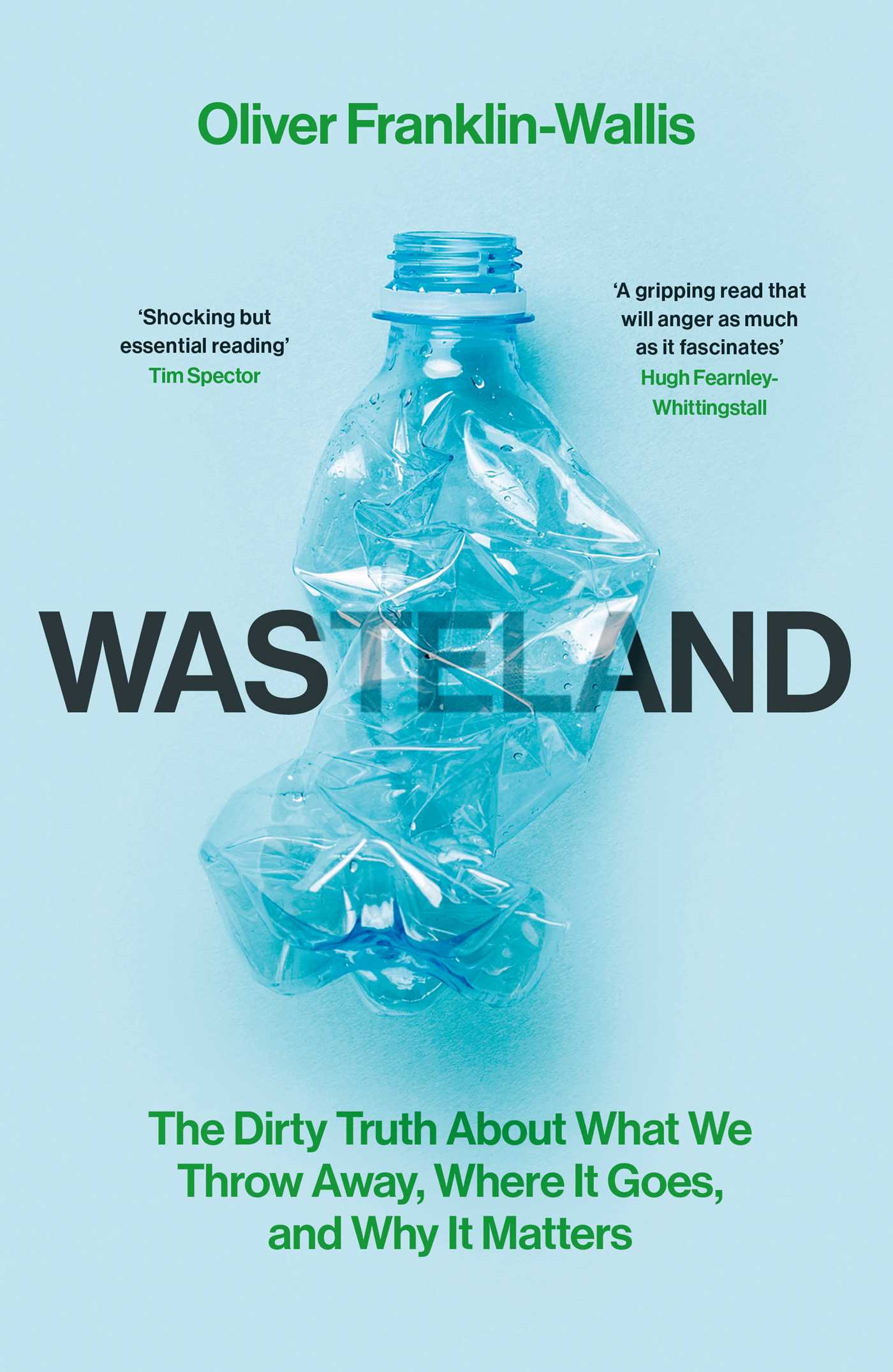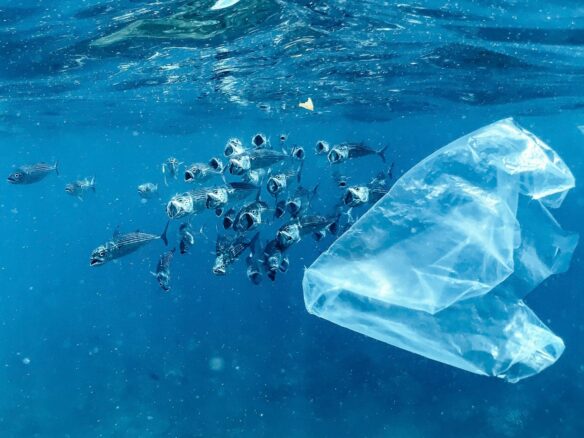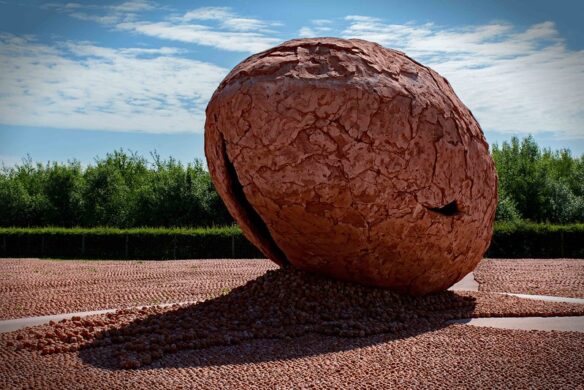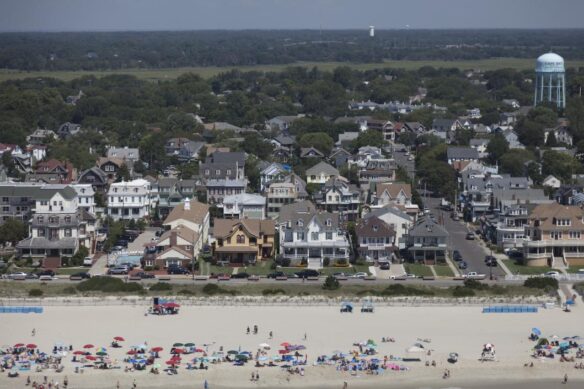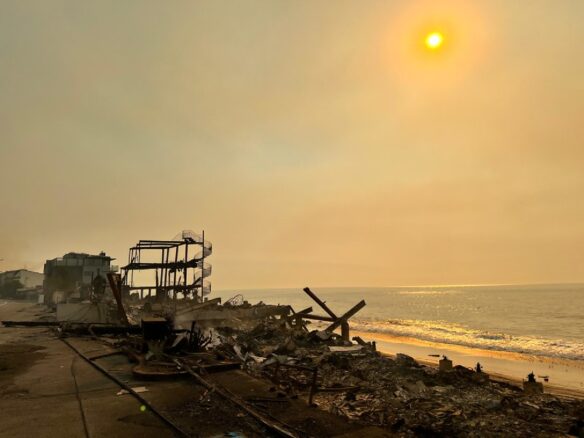Excerpt:
Oliver Franklin-Wallis’s deep-dive into what we throw “away” reveals the dirty truth about the Global North’s overconsumption and waste management.
I’m only three pages into Wasteland when a stat first unnerves me: “It is forecast that by 2050 we will be producing a further 1.3 billion tonnes [of waste] a year.”
It already feels like the world is weighed down with waste. And I’d (somewhat naively) hoped that, given today’s talk of sustainability, recyclable materials and circular economies, we’d be headed the other way by 2050 – towards a less wasteful world.
But Oliver Franklin-Wallis’s remarkable investigation into the global waste crisis confirms we need revolutionary change before we can reach that dream.
With Wasteland, he’s done the legwork – literally, from wading through a mega landfill in Delhi, to touring the UK’s largest nuclear waste facility – to see where things go once we throw them “away”, how we reached this crisis and the ways out of it.
“Waste is monstrous to look at because it is a mirror,” he writes at one point. It’s an apt metaphor. Much of the book’s contents are a scary reflection of our overconsumption and failure to deal with its impact.
How did we reach a global waste crisis?
To lay out the current crisis, Wasteland also takes us backwards through our evolving relationship with waste.
Within these sections, we’re treated to history lessons about innovators and innovations in waste management. It might not sound like the most riveting topic, but actually these are hidden stories behind things we take for granted as part of everyday life – and they’re completely engrossing.
Take the journey through London’s sewer system, masterminded by Victorian engineer Joseph Bazalgette. Still intact today (though now inadequate for the city’s nine-million strong population), the project was a phenomenal feat of engineering and pretty much wiped out major diseases like cholera, dysentery and typhoid in the city. It added an estimated 20 years to the average life expectancy at the time.
It’s a story Wallis uses to emphasise the inequality in waste management today: “1.7 billion people worldwide still do not have access to modern sanitation facilities.” We see this continually throughout the book – access to good, safe and environmentally friendly waste management facilities is sadly a privilege.
Inevitably, there are also many turning points and actors for the worse. One of the most galling examples is of plastic-polluting corporations coming together to change the narrative around waste, one that’s stuck around for decades.
As the US public began to question the increase of disposable products and related waste in the 1950s, the likes of PepsiCo and Coca-Cola formed a non-profit which campaigned to put the blame on ‘litterbugs’. “Garbage, according to Keep America Beautiful, was the responsibility not of companies, but individuals.”
Greenwashing might be in the headlines today, but it’s clearly nothing new…
Review Quotes:
‘A first-hand reported account of a sprawling global environmental conundrum… Franklin-Wallis makes an important case for tighter, smarter regulation in a world where individual “litterbugs” are blamed for a packaging waste problem caused by companies that have successfully dodged full responsibility’ – The Financial Times
‘Sometimes it seems as if our main role as humans is to enjoy shiny things for a little while until they become discarded things. This is a fascinating and comprehensive tour of the second half of that equation – the tossed-out usually gets a thousandth the attention of the not-yet-purchased, but Oliver Franklin-Wallis does his best to redress that balance, in a book that wills you see the world quite differently than you did before’ – Bill McKibben, author of The End of Nature
‘The book comes alive in its descriptions of people and places … Franklin-Wallis writes stylishly about ugly things … interesting and sobering … His book should prompt serious discussion in boardrooms and parliaments’ – The Economist

